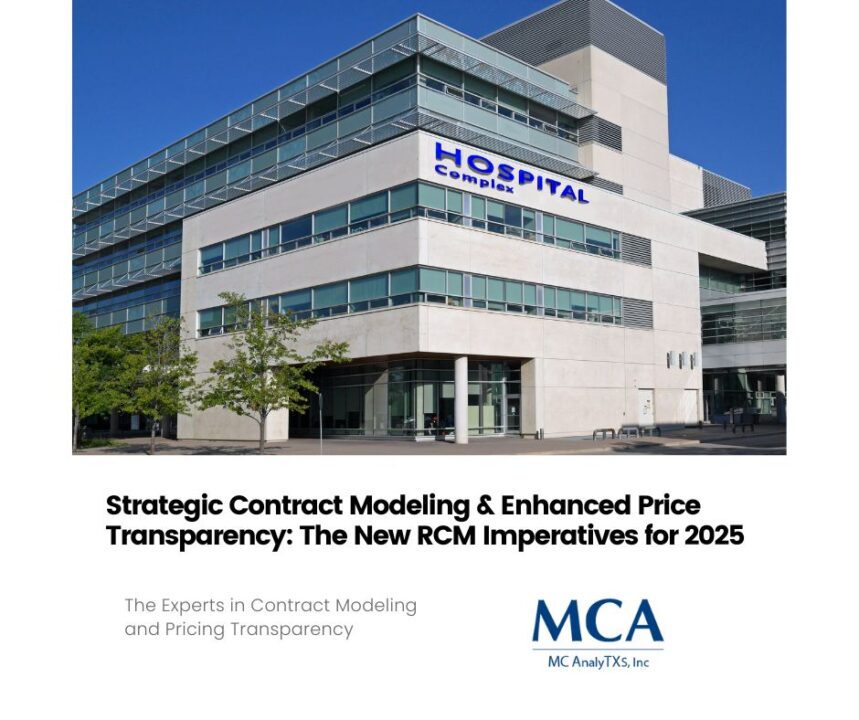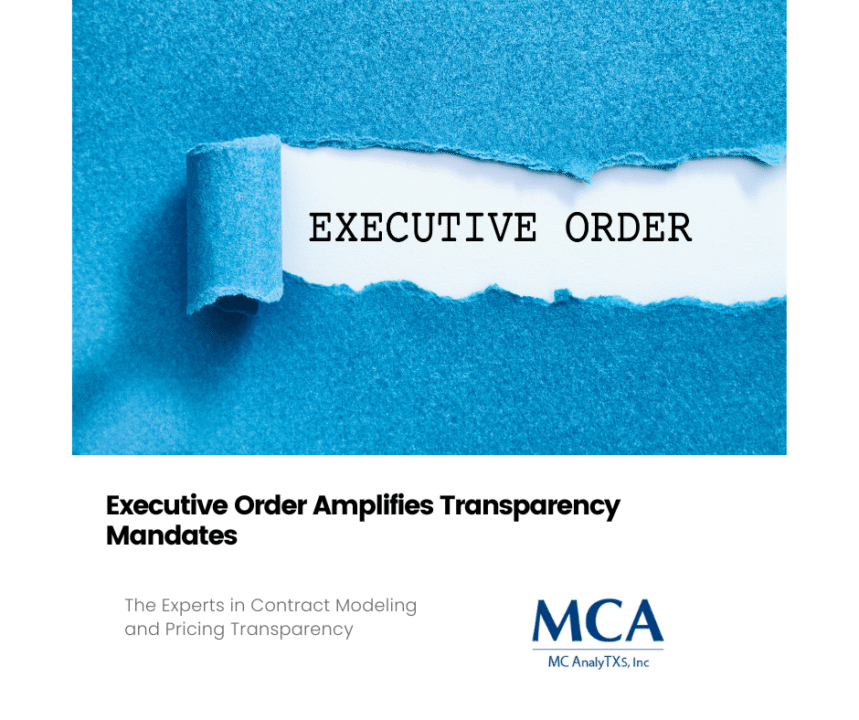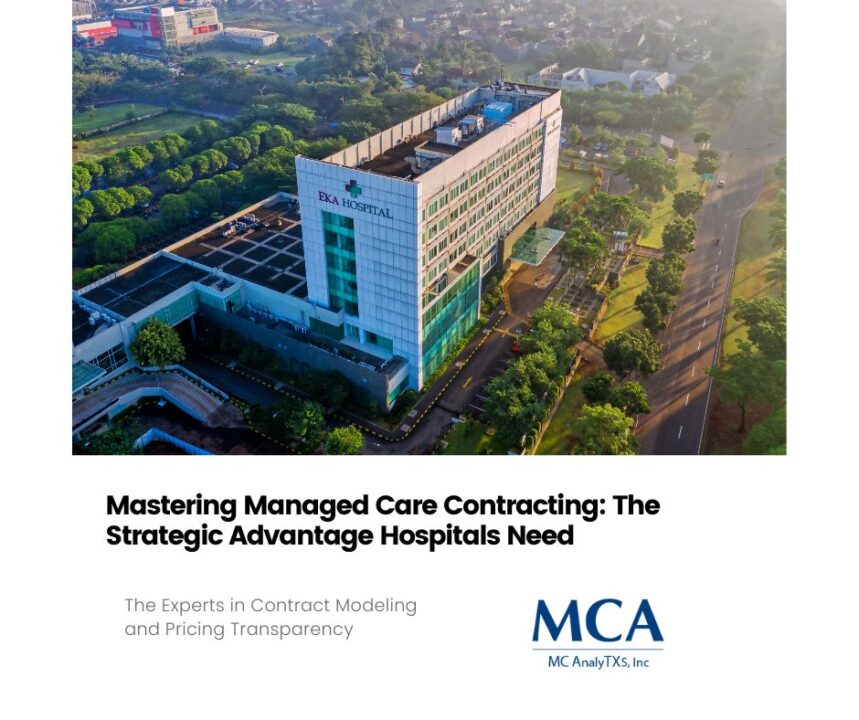

The Vital Role of Managed Care Contracts in RCM
Managed care contracts are the backbone of revenue cycle management. They dictate how healthcare providers are reimbursed by payers, impacting cash flow and profitability. In essence, these contracts are agreements between healthcare providers and insurance companies that define the terms of service delivery and payment.
The importance of these contracts in RCM cannot be overstated. They directly influence a provider’s revenue stream and financial health. For RCM leaders, understanding the nuances of managed care contracts is essential for making informed decisions and ensuring financial stability.
Decoding Managed Care Contracts
Managed care contracts come in various forms, each with its unique structure and implications. Common types include fee-for-service, capitation, and value-based contracts. Understanding these differences is key to navigating the complexities of managed care.
The impact of these contracts on RCM is significant. They determine reimbursement rates, payment timelines, and obligations for both parties. A well-negotiated contract can lead to financial success, while a poorly managed one can result in financial strain and inefficiencies.
Crafting a Strategy for Optimizing Managed Care Contracts
To achieve financial success through managed care contracting, implementing effective strategies is paramount.
Negotiation Tips for Favorable Terms
Negotiation is at the heart of optimizing managed care contracts. Effective negotiation requires preparation, clear objectives, and a deep understanding of market trends. It’s crucial to advocate for fair reimbursement rates and terms that align with your organization’s goals.
Leveraging Data Analytics
Data analytics plays a pivotal role in optimizing managed care contracts. By analyzing historical data and market trends, RCM leaders can make informed decisions during contract negotiations. Data-driven insights help identify opportunities for improvement and areas where adjustments are needed.
Building Strong Provider-Payer Relationships
Establishing strong relationships with payers is essential for successful managed care contracting. Trust and collaboration lead to mutually beneficial agreements. Open communication channels and regular meetings with payers can help resolve issues and optimize contract terms.
Overcoming Hurdles in Managed Care Contracting
Managed care contracting comes with its share of challenges. Identifying and addressing these obstacles is critical for maintaining a smooth revenue cycle.
Common challenges include complex contract language, changing regulations, and varying reimbursement models. RCM leaders must stay informed about industry changes and be proactive in addressing these challenges.
Managing Risk and Reducing Denials
Risk management is a key component of successful managed care contracting. Strategies for managing risk include thorough contract review, compliance monitoring, and proactive denial management. Reducing denials is essential for maintaining a healthy revenue cycle and minimizing financial losses.
Measuring Success and the Pursuit of Continuous Improvement
Measuring the success of managed care contracts is essential for ongoing optimization. Key performance indicators (KPIs) such as contract compliance rates, reimbursement timeliness, and denial rates offer insights into contract performance.
Continuous improvement should be embedded in managed care contracting strategies. Regularly reviewing and refining contracts ensures they remain aligned with organizational goals and market trends.
Conclusion and Next Steps
Optimizing managed care contracts is a critical component of RCM and financial success. By understanding contract types, leveraging data analytics, building strong payer relationships, and harnessing technology, RCM leaders can drive better outcomes for their organizations.
For leaders seeking further guidance and resources, consider joining our next webinar. The path to financial success begins with informed decision-making and strategic contract management.





